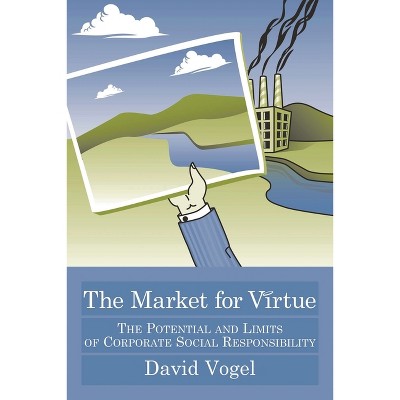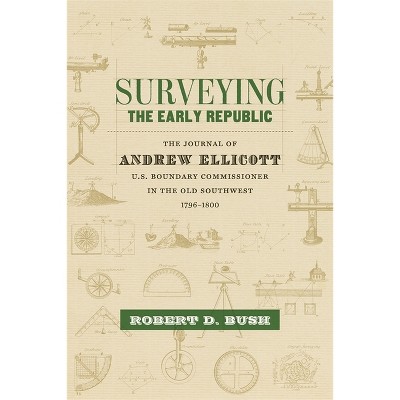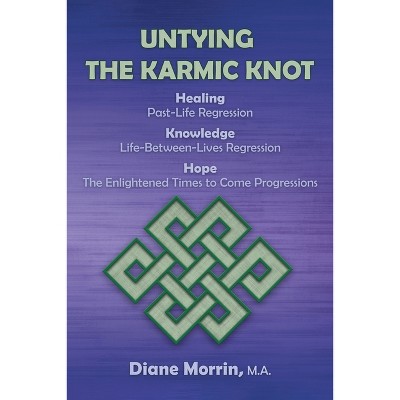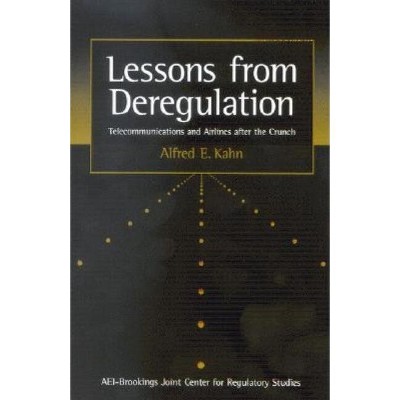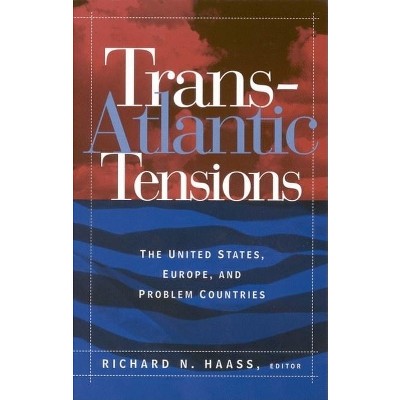About this item
Highlights
- "The relationship between Taiwan and China is a paradox.
- About the Author: Richard C. Bush is a senior fellow in Foreign Policy Studies at the Brookings Institution and director of its Center for Northeast Asian Policy Studies.
- 432 Pages
- Political Science, Peace
Description
About the Book
"The relationship between Taiwan and China is a paradox. On the one hand, the two economies are becoming increasingly integrated, as Taiwanese companies have come to regard the mainland as the best place to manufacture their products and maintain global competitivene...
Book Synopsis
"The relationship between Taiwan and China is a paradox. On the one hand, the two economies are becoming increasingly integrated, as Taiwanese companies have come to regard the mainland as the best place to manufacture their products and maintain global competitiveness. On the other hand, the long-running and changing political dispute between the two governments remains unresolved. Each side fears the intentions of the other and is acquiring military capabilities to deter disaster. In its pursuit of peace in the Taiwan Strait, the United States could get drawn into a war between the two rivals. Richard C. Bush, whose career has been dedicated to Taiwan-China issues, explores the conflicts between these nations and the difficulties that must be resolved. Disagreements over sovereignty and security form the core of the dispute. What would be the legal status and international role of the Taiwan government in a future unified China? Given China's growing military power, how could Taiwan feel secure? Complicating these issues are domestic politics and international competition, as well as misperceptions on both sides. Thus multiple obstacles prevent the two sides from even getting to the negotiating table, much less reaching a mutually acceptable resolution. For reasons of policy and politics, the United States is constrained from a central role. To begin with, it must provide China with some reassurance about its policy in order to secure cooperation on foreign policy issues. At the same time, it must bolster Taiwan's political confidence and military deterrence while discouraging provocative actions. The arcane nature of this dispute severely restricts the role of the United States as conflict mediator. But if there is to be any solution to this conflict, the comprehensive analysis that this book provides will be required reading for effective policy.
"Review Quotes
"as good a guide as there is in the United States for navigating these complex and often treacherous waters....Bush documents in authoritative fashion the many complex historical, political, sociological, and even psychological elements of the current impasse. -Derek Mitchell a brace effort to untangle one of the most complex national security challenges confronting the United States in the current security environment....As one of the nation's foremost experts on the Taiwan quandary, Bush demonstrates encyclopedic knowledge concerning both the origins of the dispute and, in particular, the fast moving pace of developments during the past decade. -Lyle Goldstein Bush in uniquely qualified to write such a book, as he is one of a handful of American Asia experts who possess a profound sense for the real Taiwan -Dan Blumenthal a primer for understanding the underlying causes of, and possible policy responses to this most dangerous deadlock. -Steven M. Goldstein" -- "Asia Policy", 7/1/2006
"Richard Bush has written the most comprehensive English-language account of the vicissitudes of cross-strait relations. This short review cannot do justice to the richness of Bush's study." -- "Pacific Affairs"
"'Untying the Knot' is the best account to date of why Taiwan and mainland China have remained divided since 1949 and why both regimes have failed to negotiate a resolution to their conflicting claims." --Ramon H. Myers, Hoover Institution, "The China Review", 4/1/2006
"an excellent study that lucidly and comprehensively outlines the fundamental procedural and substantive issues in cross-strait relations even as it highlights the intractability of the deadlock and the real limits to U.S. influence." --Steven M. Goldstein, Smith College, "Journal of Asian Studies", 11/1/2006
"leaves the reader with a coherent picture of this complex subject" --Raymond F. Burghardt, The East-West Center, "International Affairs"
"Bush brings impeccable credentials to this work... [He] has produced a cogent analysis of the problems preventing a resolution of cross-Strait tensions, and a nuanced critique of why the solutions proposed thus far are unlikely to work." --June Teufel Dreyer, "in Taiwan Business Topics", 3/15/2005
"Mr. Bush, as a former chairman of the American Institute in Taiwan, the de facto U.S. Embassy, and currently director of the Center for Northeast Asian Policy Studies at the Brookings Institution, is uniquely qualified to offer his answers in this detailed study of the 'Taiwan Strait issue.'" --Kim-Ming Liu, Hong Kong's Apple Daily, "Far Eastern Economic Review"
"Richard Bush is a well-known Taiwan specialist. His latest book, Untying the Knot, is a genuine tour de force. It makes a comprehensive, realistic, clear and convincing presentation of one of the most complex issues that the US and the international community are facing today: the China-Taiwan conundrum....definitely a 'must-read'" --Jean-Pierre Cabestan, CNRS, Paris, "The China Journal", 7/1/2006
"Richard Bush's book on the Taiwan-China conundrum benefits from his vast experience in the field and rigorous intellectual analysis." --Laurence Eyton, "Taiwan Review", 10/31/2006
"While Mr. Bush believes that the Cross-Strait dilemma may never be entirely resolved, his book achieves its objective of clarifying the dispute and steering readers away from dangerous misassumptions." --Kin-ming Liu, "Far Eastern Economic Review", 3/1/2006
About the Author
Richard C. Bush is a senior fellow in Foreign Policy Studies at the Brookings Institution and director of its Center for Northeast Asian Policy Studies. He has worked on China and Taiwan issues his entire professional career: at the Asia Society, on the House International Relations Committee, on the National Intelligence Council, and at the American Institute in Taiwan, where he served as chairman and managing director from 1997 to 2002.







